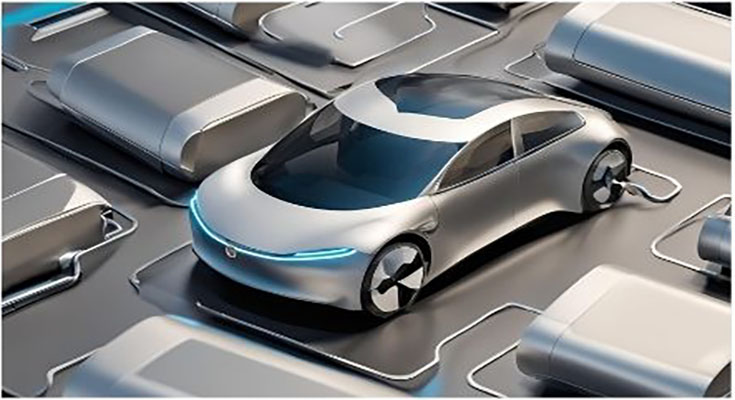
Solid-State Batteries for Cars: The Next Evolution in Electric Vehicle Technology
As electric vehicles (EVs) continue to gain traction in the automotive market, the quest for better battery technology remains a central focus. Among the most promising advancements on the horizon is the solid-state battery. This innovative technology has the potential to revolutionize the electric vehicle industry by addressing some of the key limitations of current lithium-ion batteries. This article explores what solid-state batteries are, their advantages and challenges, and their potential impact on the future of electric cars.
What Are Solid-State Batteries?
Solid-state batteries are a type of battery technology that replaces the liquid or gel electrolyte found in traditional lithium-ion batteries with a solid electrolyte. This solid electrolyte can be made from a variety of materials, including ceramics, glass, or solid polymers. The main components of a solid-state battery include:
- Solid Electrolyte: The core element that facilitates the movement of ions between the battery’s anode and cathode.
- Anode

